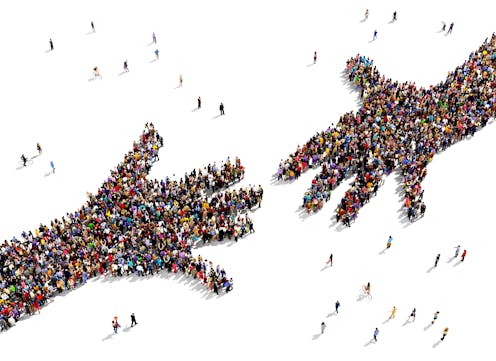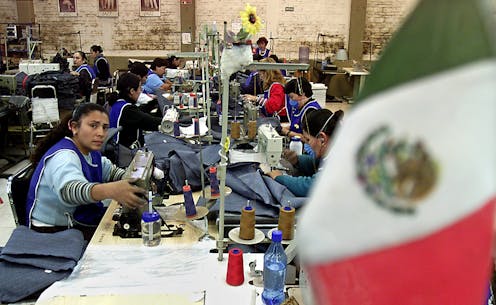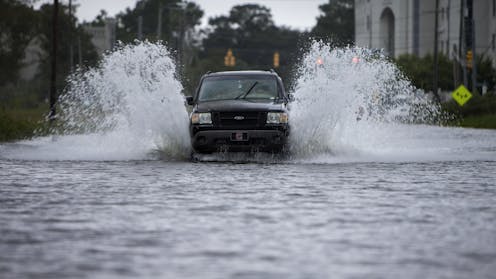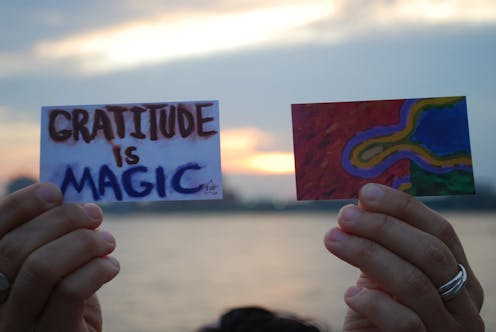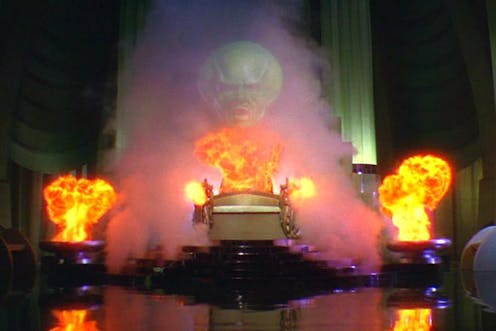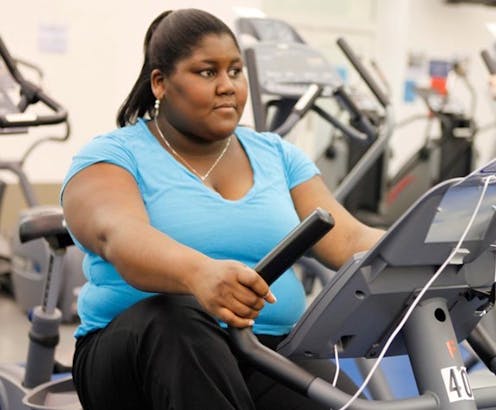'Career ready' out of high school? Why the nation needs to let go of that myth
- Written by Anthony P. Carnevale, Research professor and director of the Georgetown University Center on Education and the Workforce, Georgetown University
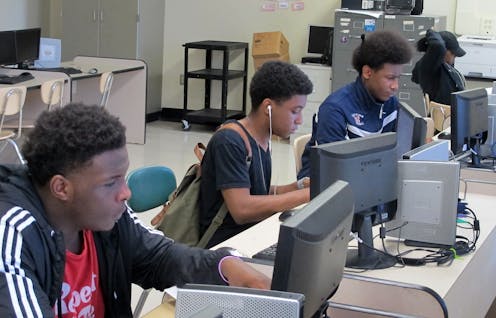 Students from this 2016 photo work at computers inside Buffalo's Bennett High School -- one of five high schools being redesigned with a focus on specialty programming, such as computer science or solar energy. The goal is to position students to land well-paying jobs being created amid a surge in economic development in the city.Carolyn...
Students from this 2016 photo work at computers inside Buffalo's Bennett High School -- one of five high schools being redesigned with a focus on specialty programming, such as computer science or solar energy. The goal is to position students to land well-paying jobs being created amid a surge in economic development in the city.Carolyn...Read more: 'Career ready' out of high school? Why the nation needs to let go of that myth


